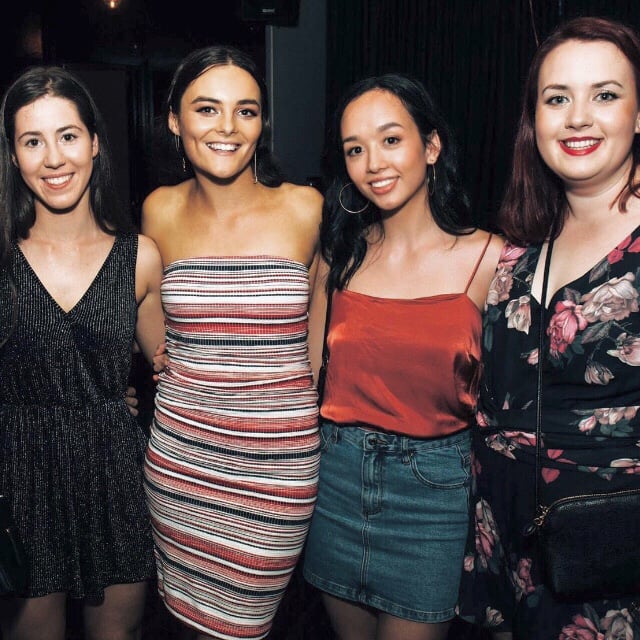
I first sought advice about my period pain when I was a teenager at an all-girls school.
Much like an initiation ritual, a group of girls sat around me offering up their own home-brewed wisdom.
One said a heat pack would work wonders. Another suggested yoga stretches. A third offered to go running with me. “Periods are always painful but this works,” she’d insisted. “You just have to try.”
Despite testing every piece of guidance I received over the years, my periods never improved. The pain gradually evolved from a dull throb into an insidious parasite. It would shoot down my legs
and across my lower back before my period had even started, and I would find comfort only in bed or on the bathroom tiles.
I often visualised a grenade detonating in my uterus, and shrapnel swimming around my pelvis. By the time I finished VCE, I was constantly fatigued and almost always sick. Like many others, I wrote this off as laziness or a poor pain tolerance. After all, my complaints continually elicited the same response that had been drummed out repetitively for nearly a decade: it’s normal.
As I got older, I reasoned this pain was the reality of my existence as a woman, regardless of the hours I spent crying, sweating or vomiting. Therefore, the best closure I could give myself was to
accept that my experience was simply the norm.
However, after two years at university, my ability to function finally began to disintegrate.
The word ‘endometriosis’ was first mentioned after my mum suspected my symptoms were indicative of something more serious. She herself had suffered from the condition and had raised it tentatively a couple years earlier. Still, her pain had manifested differently to mine, and I found this point of difference a perfect excuse to resist the prospect that I had the disease.


